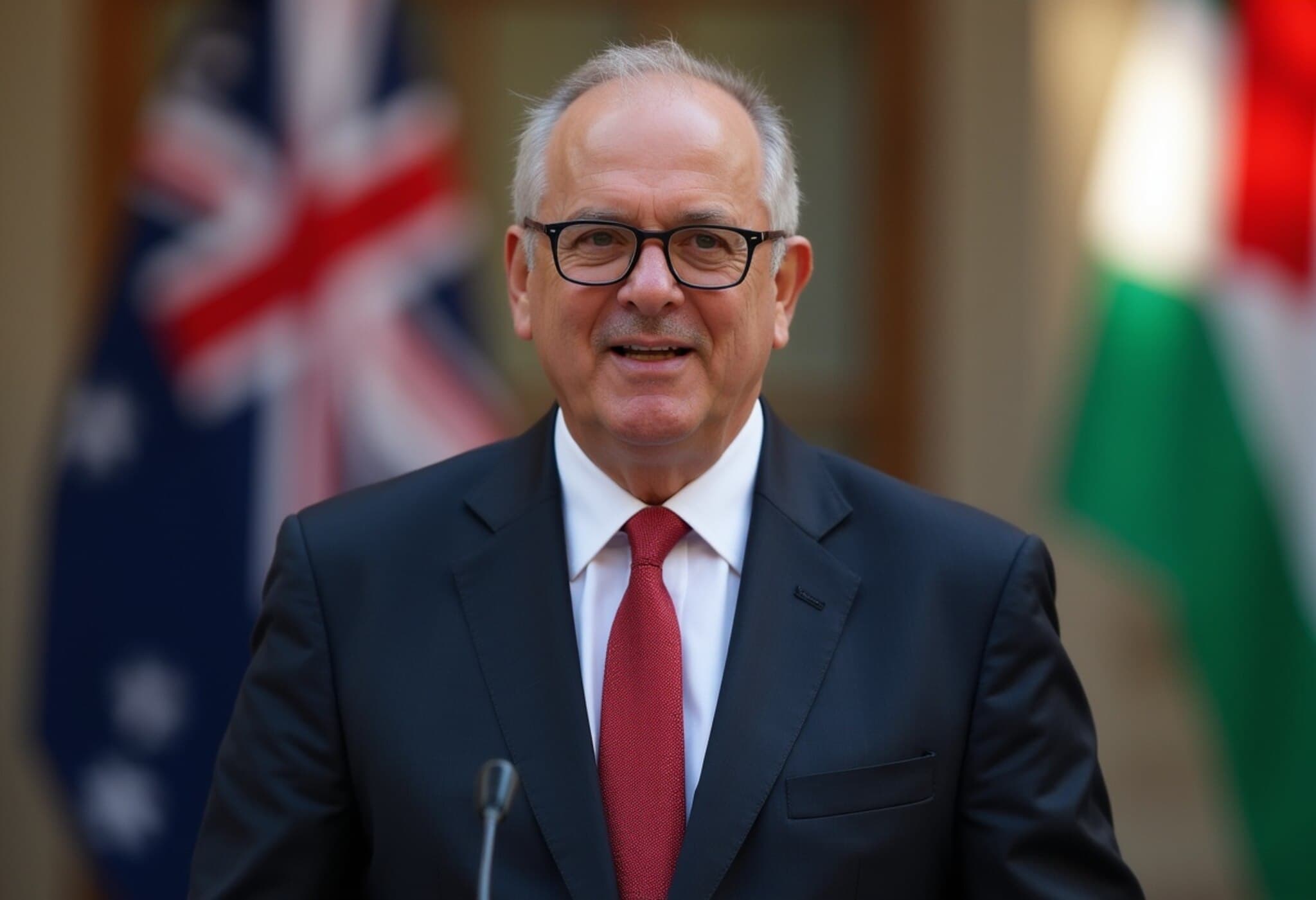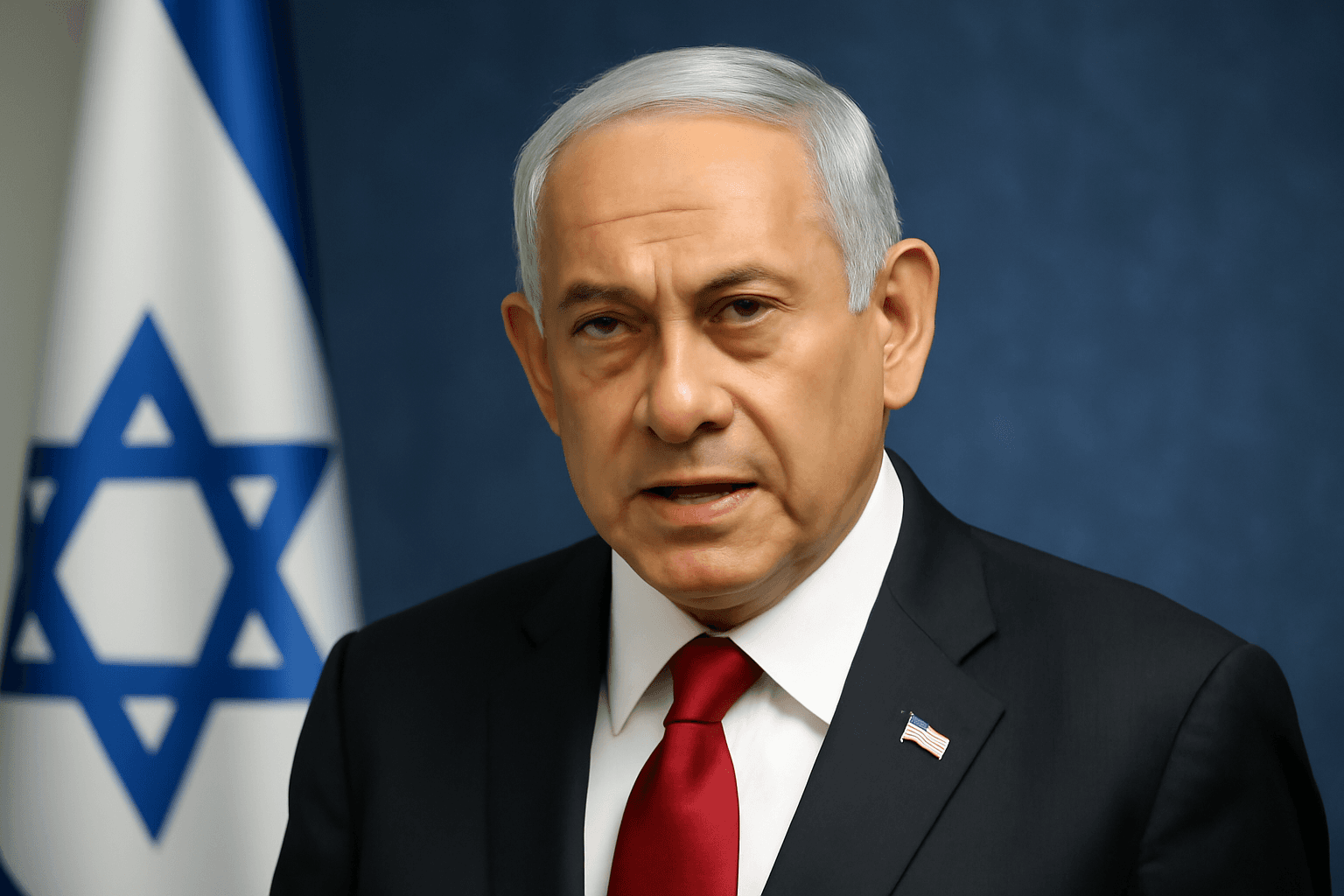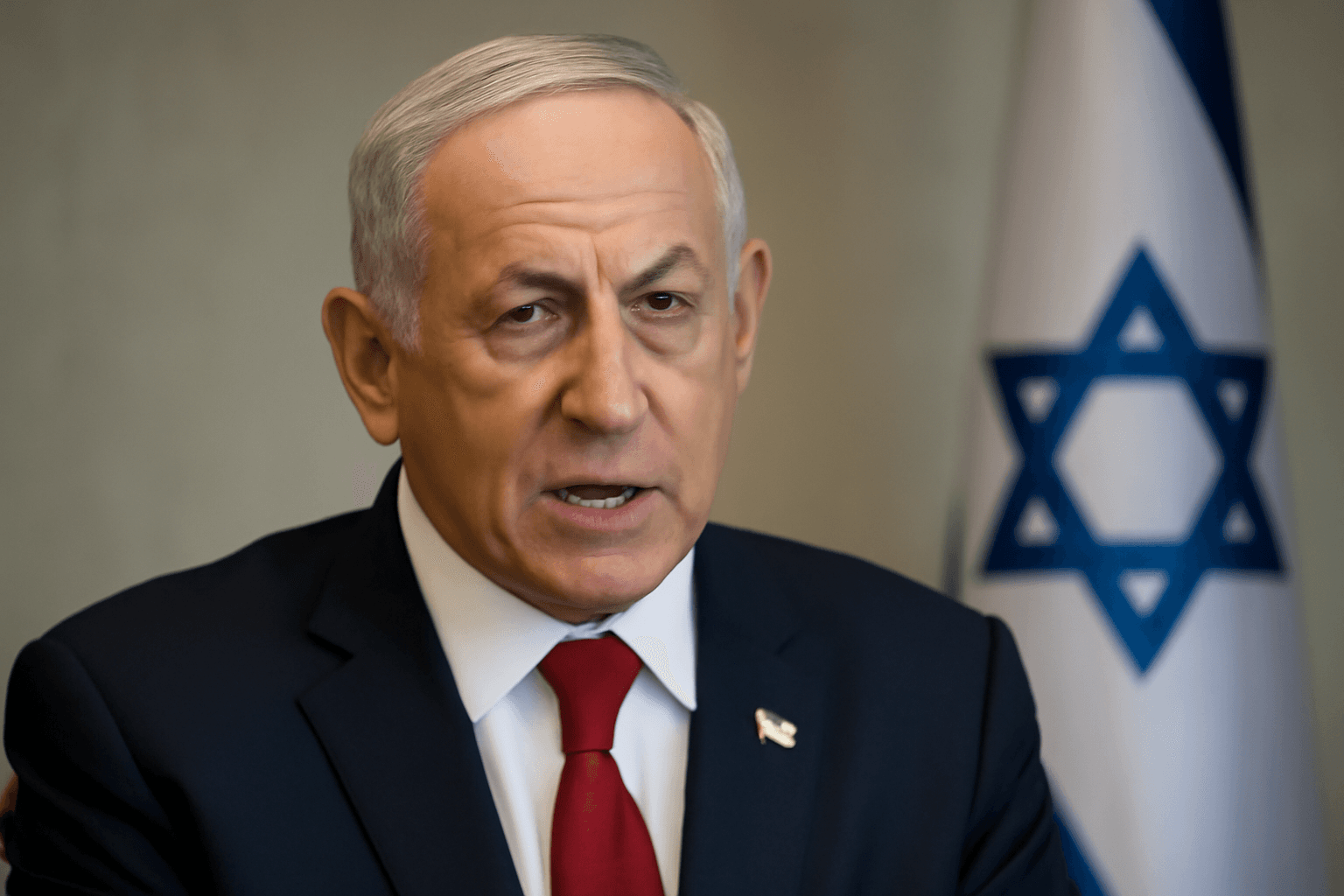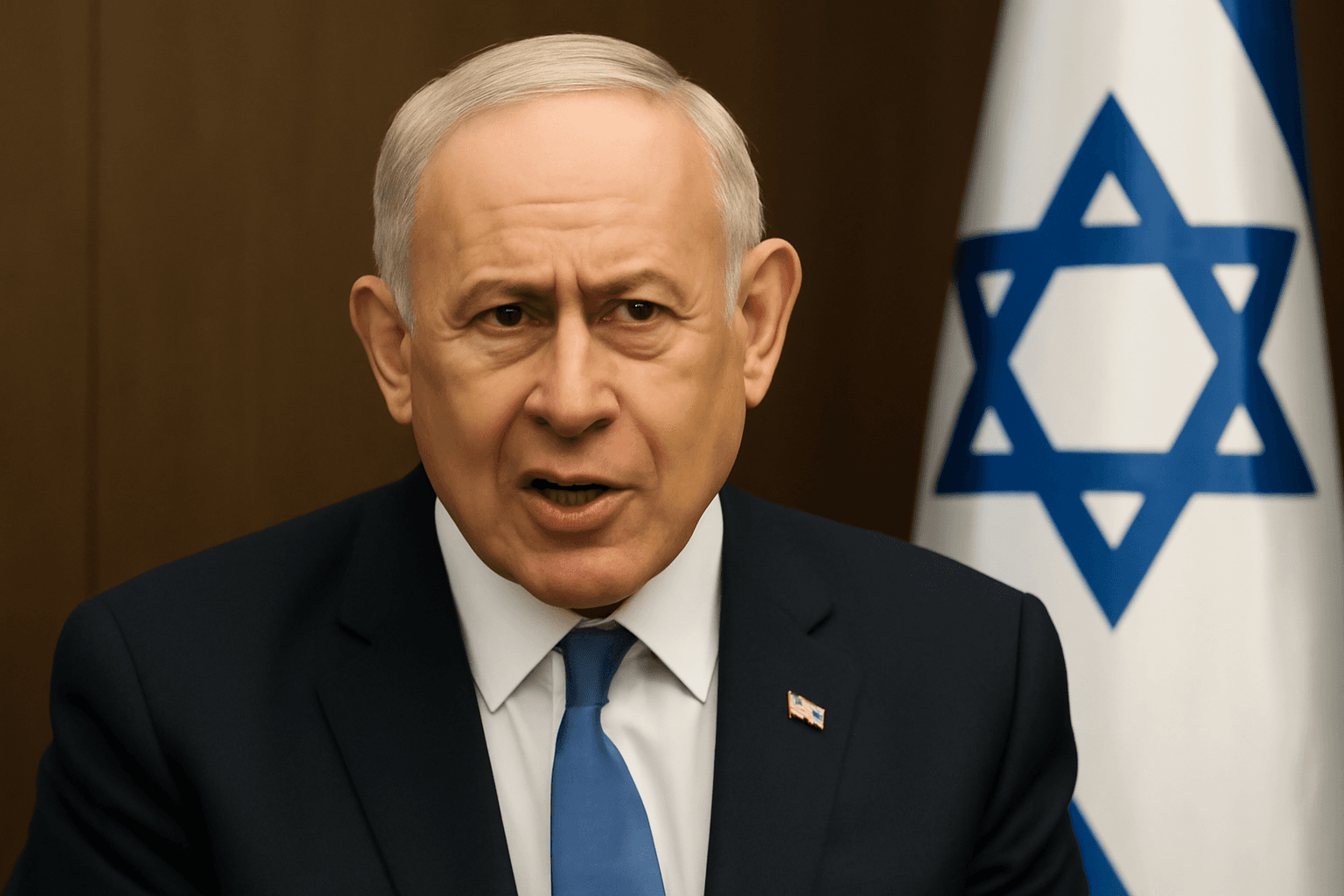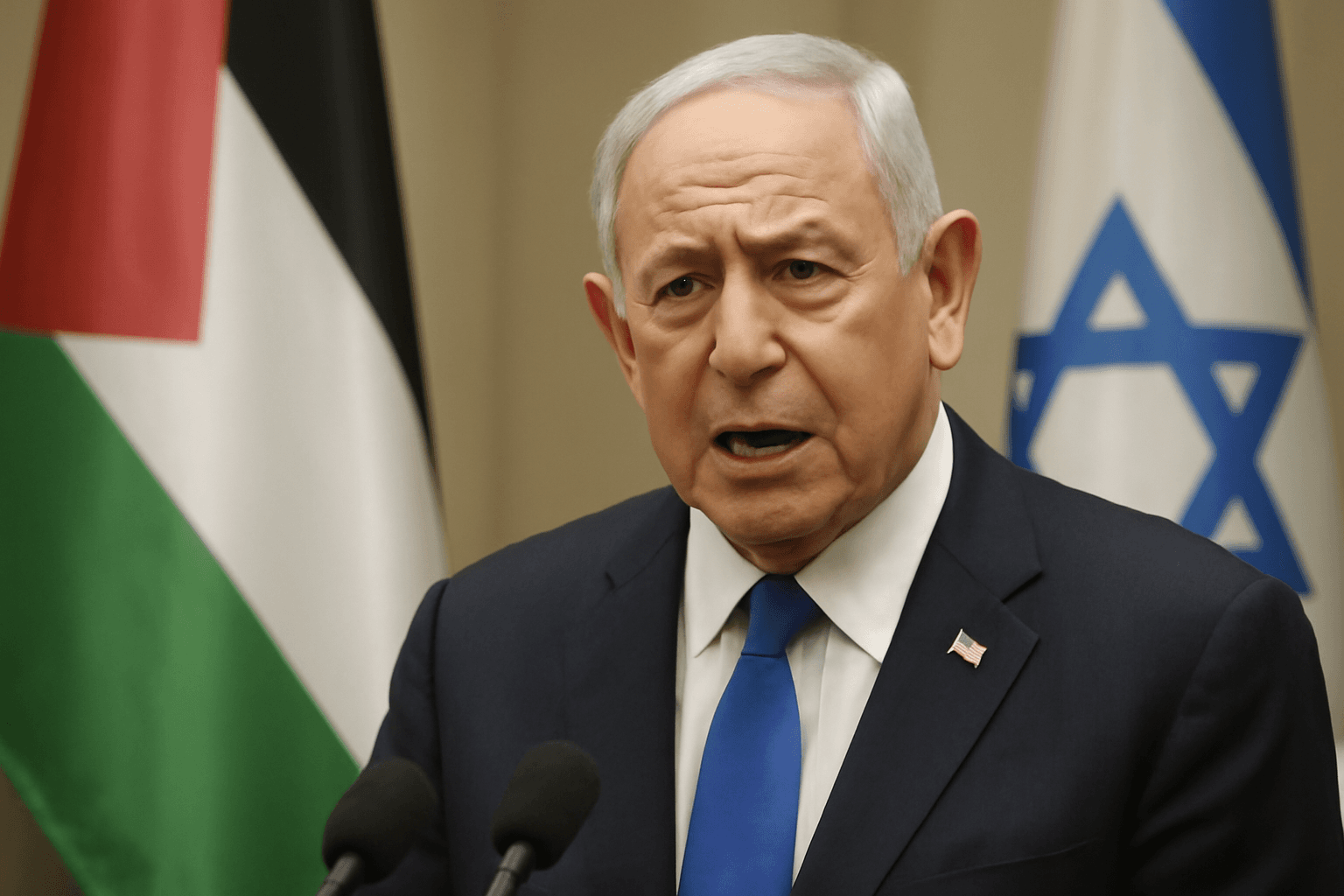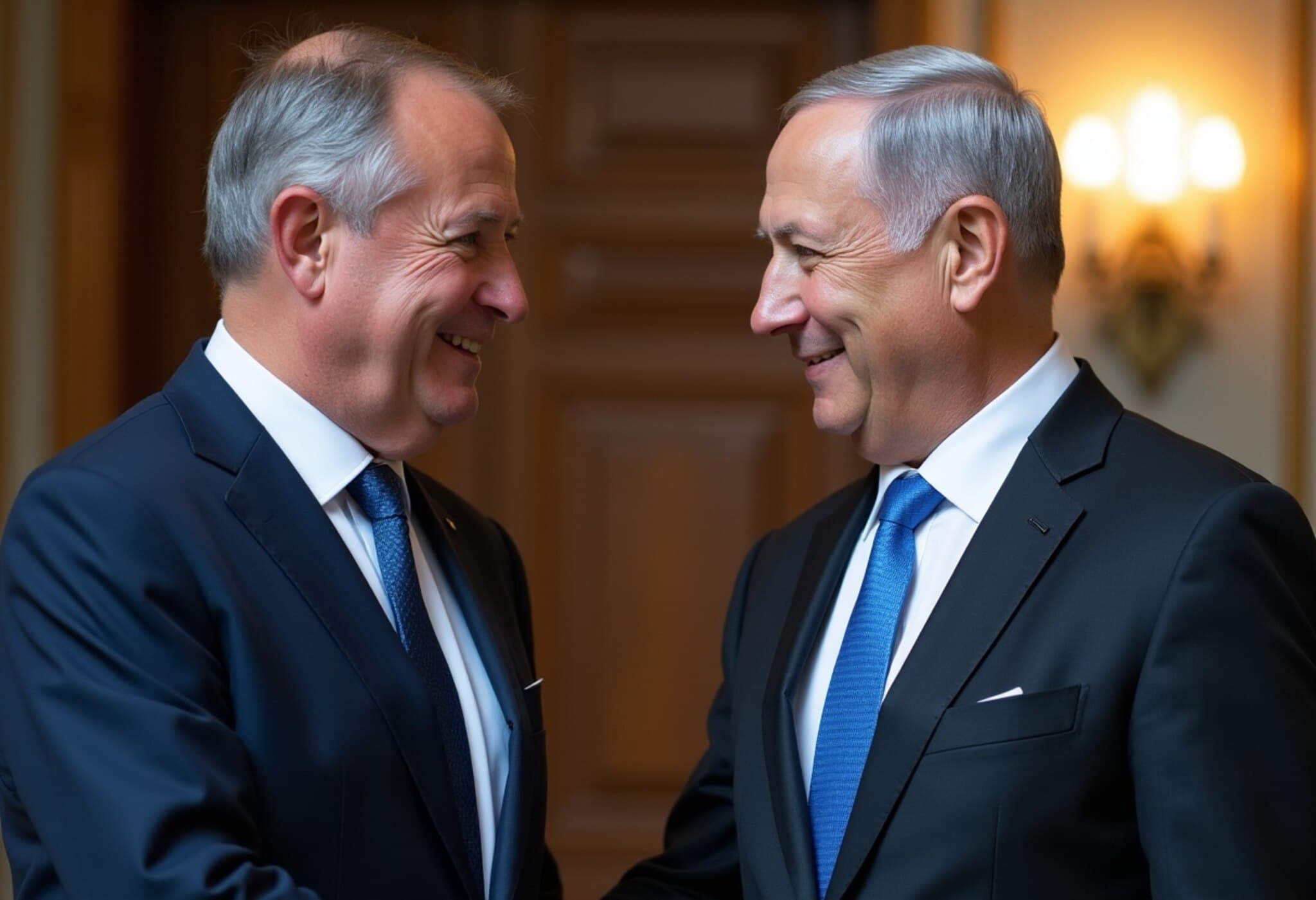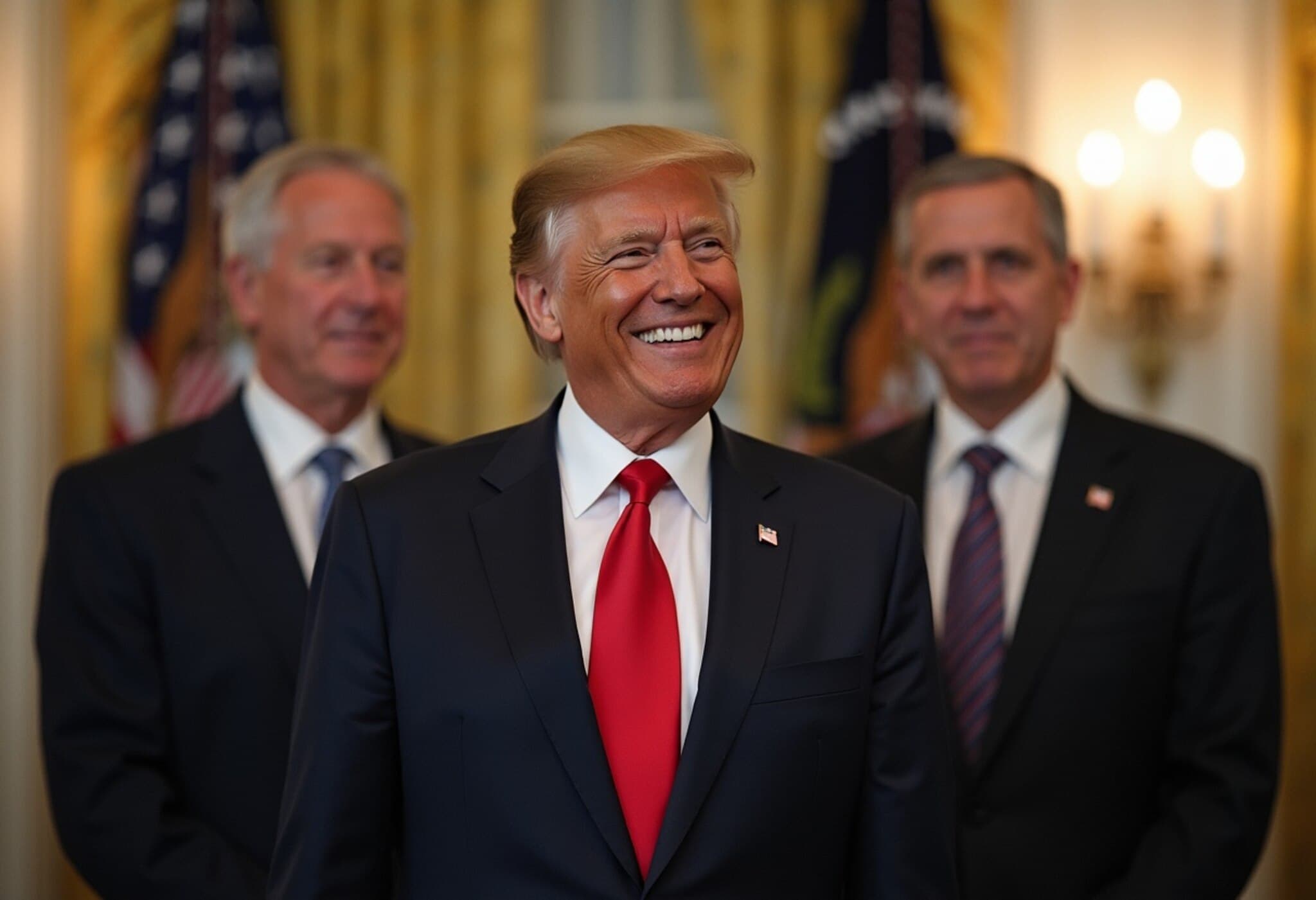Australia Pledges to Recognize Palestinian State Amid Growing International Momentum
In a significant shift reflecting rising global support for Palestinian statehood, Australian Prime Minister Anthony Albanese announced on Monday that Australia will formally recognize a Palestinian state in September. This decision aligns Canberra with recent moves by countries including France, the UK, and Canada, signaling a renewed push for a political resolution to the long-standing Israeli-Palestinian conflict.
PM Albanese Emphasizes a Political, Not Military Solution
Speaking candidly after a civil discussion with Israeli Prime Minister Benjamin Netanyahu, Albanese stressed, "We need a political solution, not a military one." He further underscored his government’s commitment to a two-state solution, describing it as humanity’s best hope to break the destructive cycle of violence, alleviate suffering in Gaza, and bring lasting peace to the region.
The Australian leader clarified that recognition hinges on firm commitments from the Palestinian Authority, notably the exclusion of Hamas from involvement in any prospective Palestinian state. This conditional approach reflects Canberra's nuanced stance amid concerns about the militant group’s role.
Understanding the Complexities of Palestinian Statehood
Internationally, Palestine is recognized by over 130 countries, maintains diplomatic missions worldwide, and fields teams in various international sports events. Yet, a fully sovereign Palestinian state remains elusive. The region lacks agreed-upon borders, an established capital, and an independent military force.
Israel’s ongoing military presence in the West Bank complicates Palestinian autonomy. The Palestinian Authority, created following the Oslo Accords in the 1990s, exercises limited control—leaving substantial governance and security areas under Israeli jurisdiction.
Growing Global Support and Divergent Reactions
- France, the UK, and Canada recently announced intentions to recognize Palestinian statehood, with the UK conditioning its decision on Israel addressing humanitarian concerns and achieving a ceasefire.
- Israel strongly opposes these recognitions, viewing them as encouraging Hamas, which governs Gaza and initiated attacks in October 2023, sparking renewed conflict.
- Prime Minister Netanyahu criticized the moves as "shameful," asserting that most Israelis fear a Palestinian state would incite further war rather than peace.
Despite harsh criticism, Albanese’s government remains steadfast, balancing support for Israel’s security with Palestinians’ legitimate aspirations for statehood. When questioned by the media, Albanese stated, "I’ve said it’s a matter of when, not if."
New Zealand Contemplates Following Australia’s Lead
In the wake of Australia’s announcement, New Zealand’s Foreign Minister Winston Peters indicated that Wellington is actively considering Palestinian recognition. A formal cabinet decision is expected in September, timed to coincide with the UN Leaders’ Week. Peters noted, "Recognition of a Palestinian state is not a question of if, but when."
Expert Insight: What This Means for the Middle East Peace Process
Australia’s move is emblematic of a broader international weariness with the status quo. It signals increased pressure on all parties to seek diplomatic avenues rather than military options. From a U.S. legal and policy perspective, such recognition by an ally like Australia could influence American debates on foreign aid, peace negotiations, and regional stability.
However, experts caution that recognition alone cannot resolve deep-rooted issues such as settlements, refugees, security, and governance. The real challenge lies in translating diplomatic gestures into concrete actions that address humanitarian crises and build mutual trust.
Underreported Perspectives
- How Palestinian civil society views these recognitions and their impact on grassroots peace efforts.
- Economic implications of recognition on Palestinian infrastructure and development aid.
- The role diaspora communities play in shaping international support for Palestinian statehood.
Looking Ahead
As the September deadline approaches, all eyes will be on Australia and New Zealand’s formal announcements. These developments come at a critical juncture when diplomatic momentum could pivot toward renewed peace negotiations — or, conversely, intensified conflict.
Ultimately, the evolving international stance invites crucial questions: What will be the tangible effects on-ground for Palestinians? How might Israel respond in diplomacy and policy? And can this wave of recognition spark a meaningful path forward beyond decades of stalemate?
Editor’s Note
This announcement by Australian PM Albanese is more than a diplomatic gesture—it reflects shifting global attitudes toward a conflict that has shaped Middle East politics for generations. Recognizing Palestinian statehood is a profound statement of hopes for peace, yet it brings into sharp relief the enormous challenges ahead. Readers should watch for how these moves influence U.S. policy and the complex interplay of regional actors. As always, the human cost remains central, reminding us that political decisions must prioritize lasting dignity and security for all.

